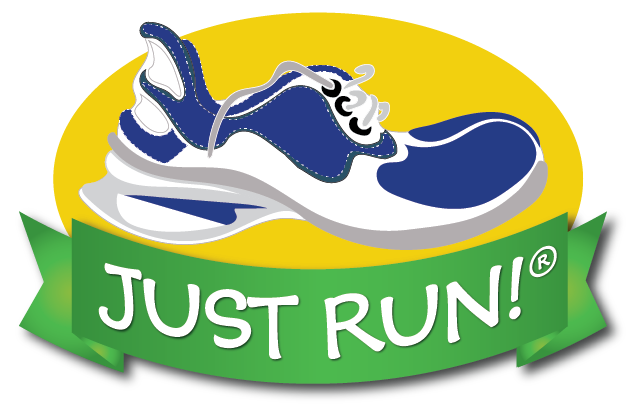HYDRATION
HYDRATION
Introduction:
Hydration (drinking water and other liquids) is very important for children as they have higher water requirements in relation to their weight than adults.
Children don’t always recognize the early stages of thirst, which can make them particularly vulnerable to becoming dehydrated, especially during times when they are playing sports, running, or doing other physical activity during warm weather.
Dehydration, even if only mild, can cause tiredness, headaches, lack of concentration, and reduced mental performance. Extreme dehydration is a significant health risk.
What should children drink?
Most health organizations and nutritionists recommend water as the only fluid that hydrates without calories or risking harm to teeth. Milk, certain fruit juices, and vegetable juices are okay if they do not have sugar or other additives. Read the labels.
How much should children drink?
The amount a child needs to drink can vary greatly due to factors including their age, gender, the weather, and physical activity. As a general recommendation it is advised that kids aged 4-13 drink approximately 6 to 8 (10 oz.) glasses of fluid a day. This is in addition to the water that they ingest in regular food in a healthy diet. Starting in the morning, children should drink regularly throughout the day. Children taking part in sports, or exposed to warm weather, need to replenish the lost fluids by drinking more water.
You can help children to develop a taste for water by encouraging them to drink regularly and offering tastings throughout the day. To make it more appealing add ice, a slice of lemon or a curly straw.
Interesting water facts:
1. When we are born, water makes up about 75% of our body weight.
2. Water composes approximately 65% of the body weight of older children and adults.
3. Water is constantly being lost from our bodies during the day when we breathe, sweat and go to the toilet. If we do not drink enough we become dehydrated.
4. Water is important for many reasons:
- It carries nutrients and oxygen to our body cells.
- It protects organs and tissues and removes wastes.
- It cushions joints.
- It helps to control our body temperature.
- It helps our bodies to function at our best and affects sports performance.
- It helps to rinse our mouths and prevent tooth decay.
5. Water is found in all drinks and also in food. For example, water is orange juice and milk as well as in fruits and vegetables. Almost all food items contain water.
6. People can survive for up to 50 days without food but only a few days without drinking water.
